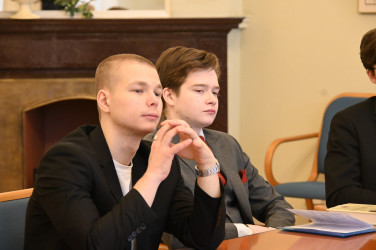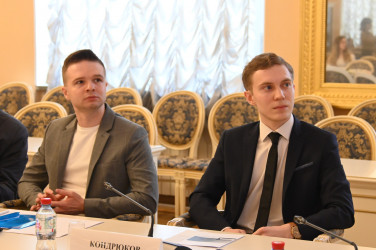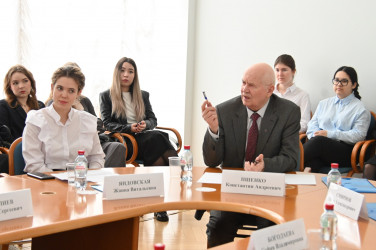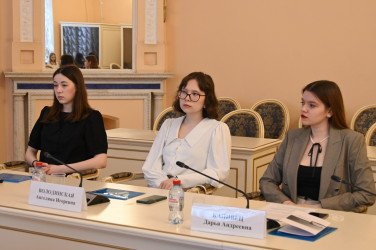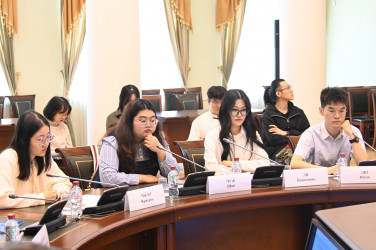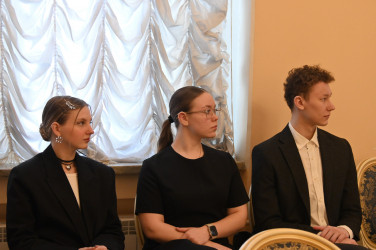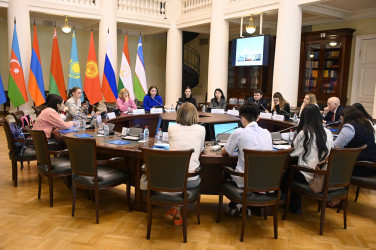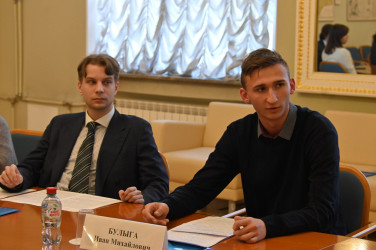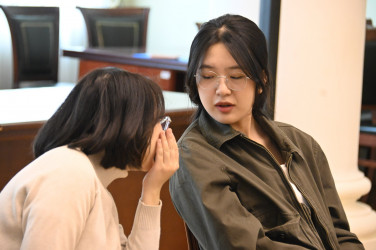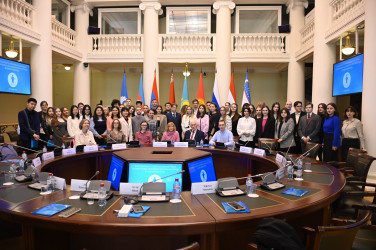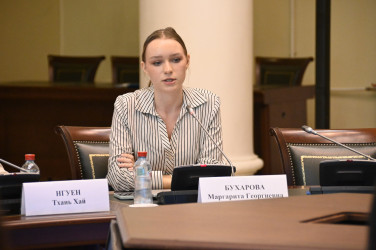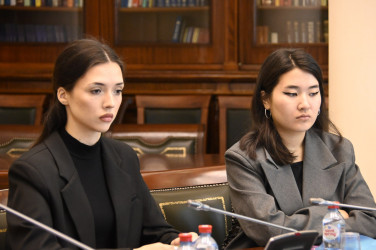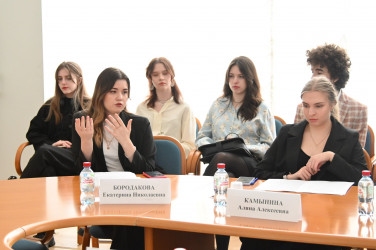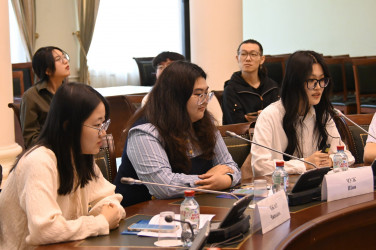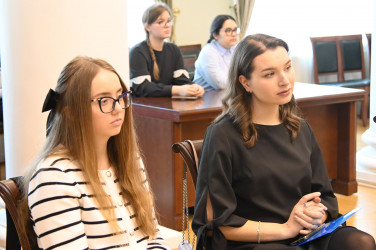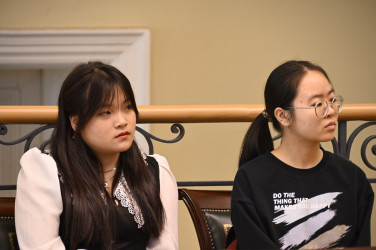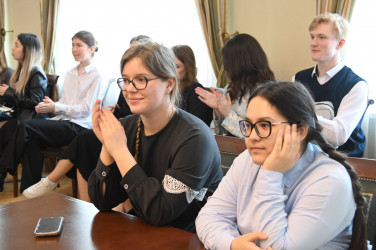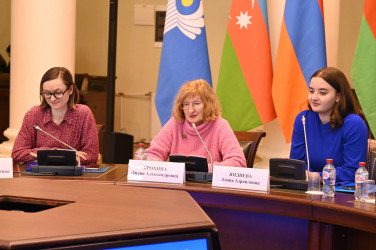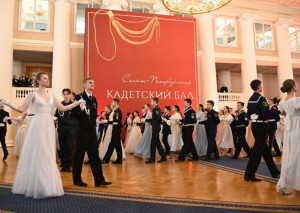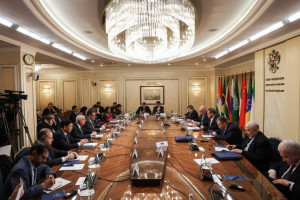Cultural Specifics and Work of Parliaments of Different Countries Discussed at Youth Conference
11 April 2024
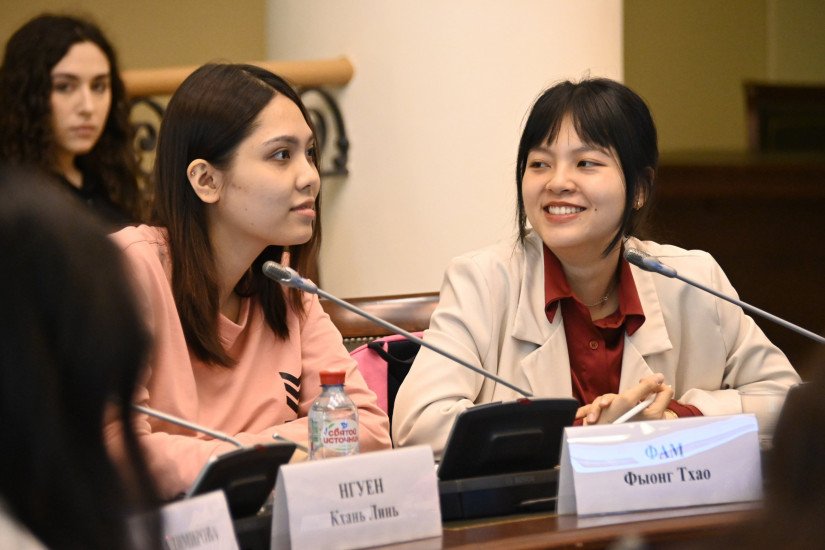
The youth scientific conference “Parliamentarism: History and Modernity” was held on 10 April 2024 at the Tavricheskiy Palace – the headquarters of the IPA CIS. The event, organized by the Center for the History of Parliamentarism of the IPA CIS, brought together students, young researchers, teachers, representatives of the academic community and experts from the Commonwealth countries and other states.
About 100 students from leading Russian universities spoke in person and remotely.
As part of one of the round tables, participants presented the history and features of the architectural projects of the parliaments of Vietnam, Brazil, India, South Africa, and the United Arab Emirates. Besides, students of the Herzen State Pedagogical University spoke about the museum exposition in the building of the National Assembly of the Socialist Republic of Vietnam, which is considered the first archaeological museum in this country.
Students from China talked about the building of the National People's Congress of the People’s Republic of China, where several thousand MPs sit in a large semicircular hall, decorated in accordance with local traditions.
A round table was held to discuss the interaction of the executive and legislative branches, MPs and society of the Russian Federation in the 1990s and today. Likewise, the sections “Parliamentarism in the Russian Empire at the beginning of the 20th century” and “Foreign Parliamentarism” were held.
The students got acquainted with historical facts and aspects of the political life of Armenia, Belarus, Russia, China, India, Brazil, South Africa, Vietnam, Iran, Kosovo and Cuba.
The participants of the conference took an online quiz “Do you know the BRICS countries?” dedicated to the Russian Federation’s chairmanship of BRICS in 2024.
Following the results of the conference, young researchers noted that the issues of the round tables helped to reveal the national customs of their countries and learnt about the cultural features of other states.


